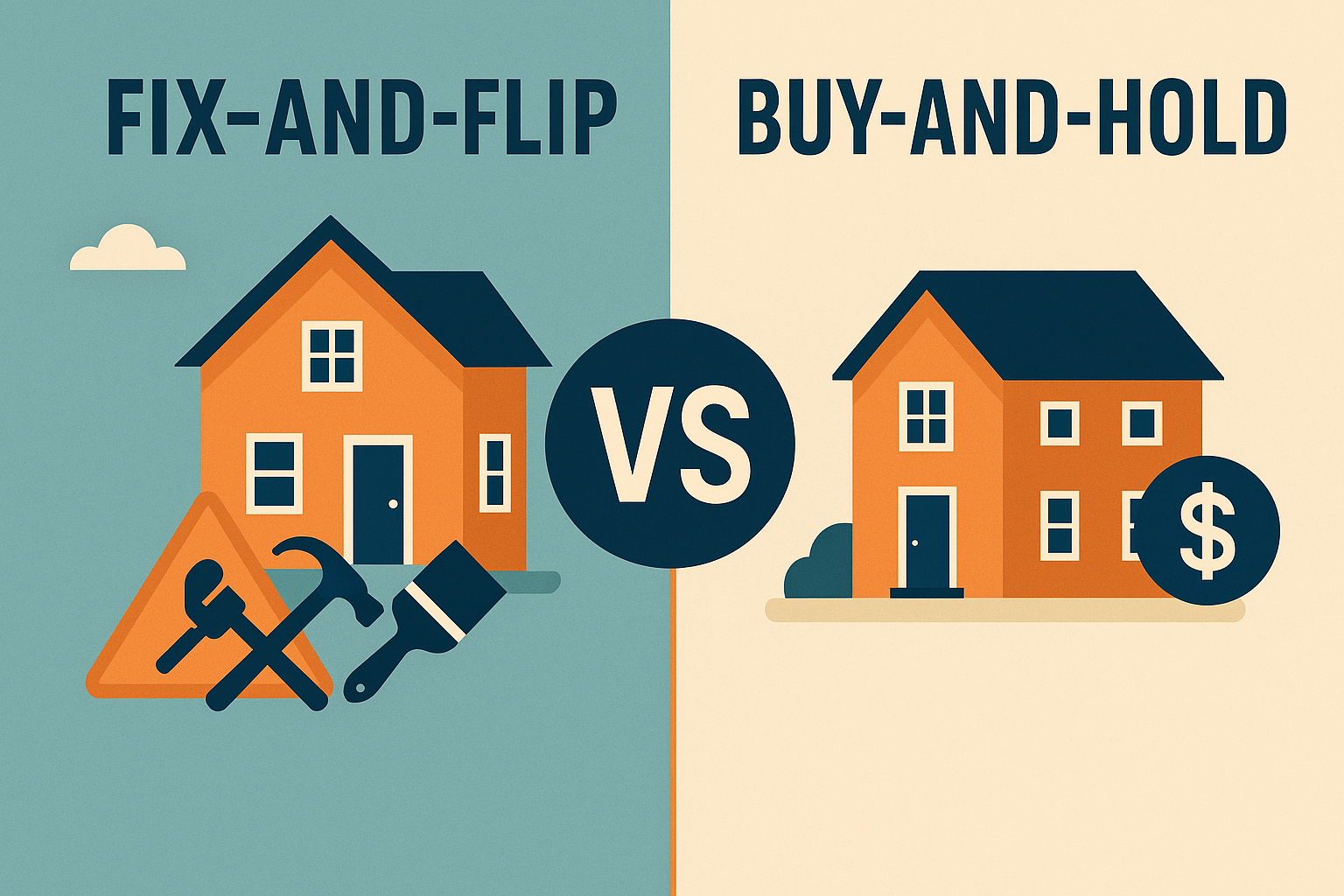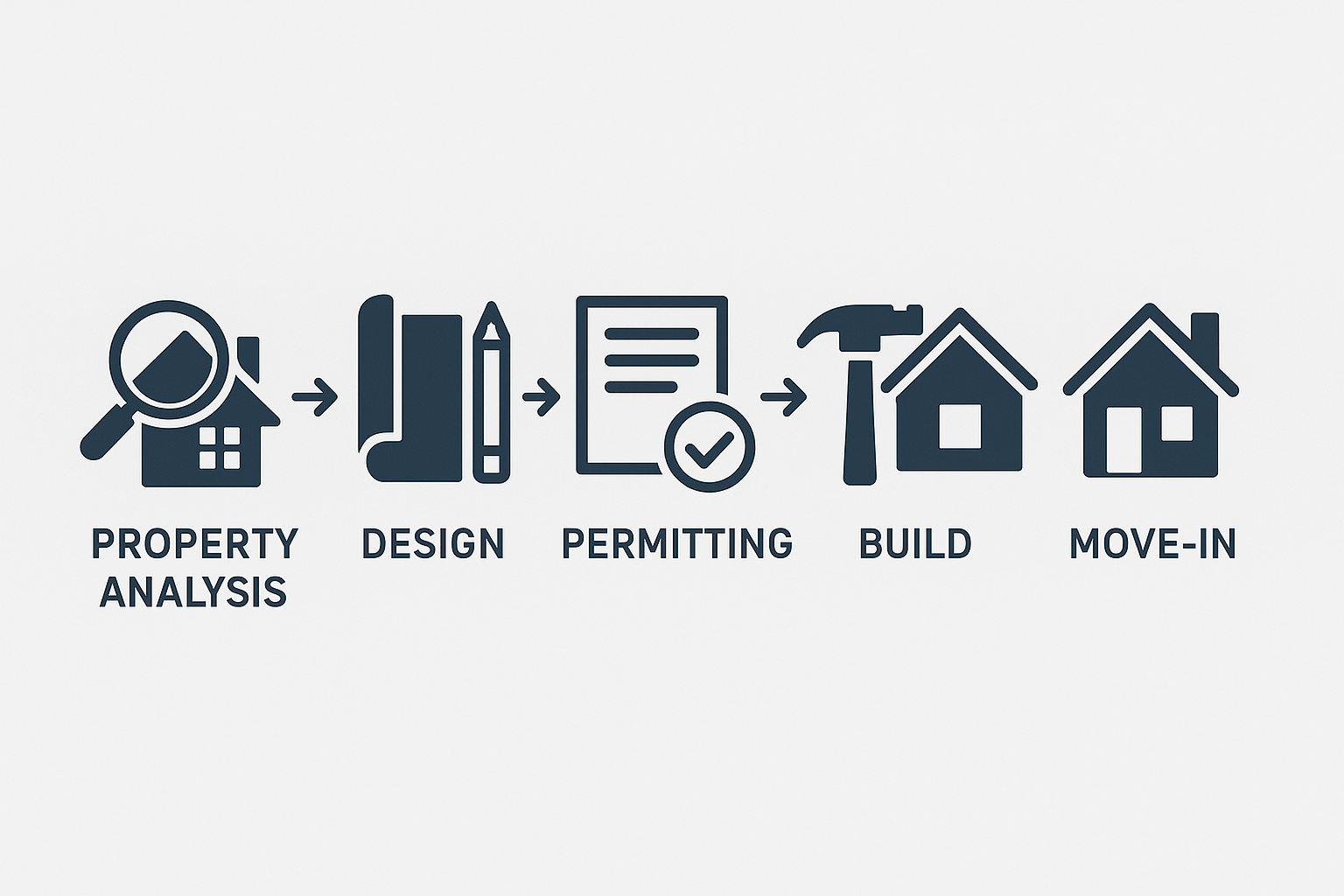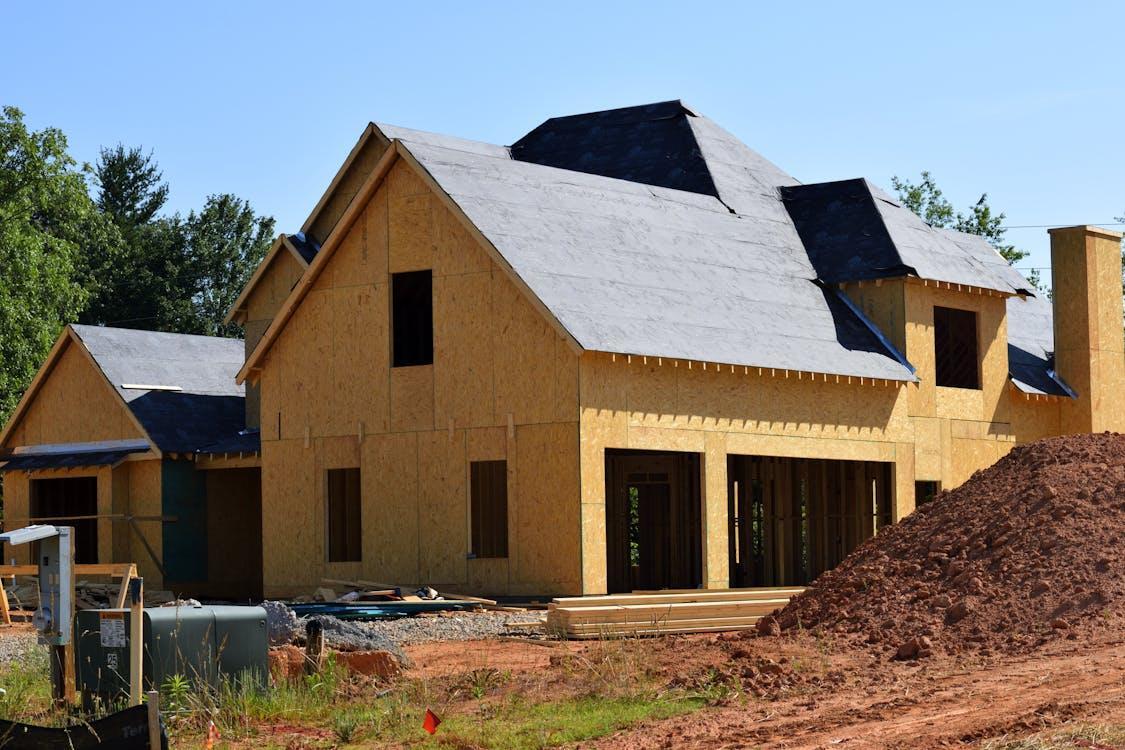Investing in rental properties is a popular and profitable venture, particularly in Pennsylvania, which offers diverse opportunities for property investors. However, the success of such investments heavily depends on understanding and leveraging the tax benefits available.
By engaging in strategic tax planning, rental property owners can maximize their returns and make the most out of their investments. Let’s explore the tax benefits associated with rental property financing and provide insights on optimizing these advantages in Pennsylvania.
Understanding Rental Property Financing
Rental property financing involves securing a rental loan to purchase a property rented out to tenants. The income generated from renting out the property can be used to pay off the mortgage and provide additional profit. Financing a rental property has significant tax implications that can benefit investors if approached wisely.
Key Tax Benefits of Rental Property Financing
Mortgage Interest Deduction
One of the most substantial tax benefits of financing rental property is the mortgage interest deduction. This allows property owners to deduct the interest paid on the mortgage from their taxable income. Since interest payments are often a significant portion of mortgage expenses, this deduction can result in substantial tax savings.
Depreciation
Depreciation is a tax benefit that allows property owners to deduct the cost of the property over a set period. Even though the property may be increasing in value, the IRS will enable owners to depreciate its property if it were losing value over time. In Pennsylvania, as in the rest of the U.S., residential rental properties typically depreciate over 27.5 years. This means owners can deduct a portion of the property’s year, reducing their taxable income.
Property Tax Deduction
Property taxes can also be deducted from taxable income. Property taxes vary by location in Pennsylvania, but regardless of the amount, they can be a significant deduction for rental property owners. This deduction can lower the overall tax burden, making the investment more profitable.
Operating Expense Deductions
Operating expenses for maintaining and managing a rental property can also be deducted. These expenses include repairs, maintenance, property management fees, utilities, insurance, and advertising. Deducting these expenses can significantly reduce taxable income, thereby increasing net returns.

Capital Gains Tax Deferral
When a rental property is sold for a profit, the gain is typically subject to capital gains tax. However, through a 1031 exchange, property owners can defer paying capital gains taxes by reinvesting the proceeds from the sale into a similar property. This deferral allows investors to leverage the entire profit from the sale for further investment, potentially increasing overall returns.
Strategic Tax Planning for Maximizing Returns
To fully leverage these tax benefits, strategic tax planning is essential. Here are some strategies that can help rental property owners in Pennsylvania maximize their returns.
Maintain Detailed Records
Keeping meticulous records of all expenses related to the rental property is crucial. This includes receipts, invoices, and any other documentation that supports deductions. Accurate record-keeping ensures that all eligible costs are claimed, maximizing tax savings.
Understand Applicable Deductions
It’s essential for property owners to understand all possible deductions available to them. This includes not only the obvious deductions like mortgage interest and property taxes but also less apparent ones such as travel expenses related to property management, legal and professional fees, and even some home office expenses if the property is managed from home.
Hire a Tax Professional
Navigating the complexities of tax laws can be challenging. Hiring a tax professional who specializes in real estate can provide invaluable assistance. They can help identify all eligible deductions, ensure compliance with tax laws, and provide strategic advice on optimizing tax benefits.

Plan for Depreciation
While depreciation is a valuable tax benefit, it also requires careful planning. Understanding how depreciation works and planning for its eventual recapture upon the sale of the property is crucial. A tax professional can assist in developing a strategy that maximizes the benefits of depreciation while preparing for its future implications.
Utilize Tax-Advantaged Accounts
Investing in rental properties through tax-advantaged accounts like a Self-Directed IRA (SDIRA) can offer additional tax benefits. Rental income earned within an SDIRA is typically tax-deferred, allowing the investment to grow without immediate tax consequences. This strategy requires careful planning and adherence to specific rules but can provide significant tax advantages.
Conduct a Cost Segregation Study
A cost segregation study can accelerate depreciation deductions by identifying specific components of a rental property that can be depreciated over shorter periods. This study breaks down the property into different asset categories, allowing for faster depreciation on elements like appliances, landscaping, and improvements. This strategy can result in substantial tax savings in the early years of property ownership.
Reinvest Profits Wisely
Utilizing the 1031 exchange to defer capital gains taxes when selling a rental property allows investors to reinvest the profits into new properties. This strategy can help build a larger portfolio and increase returns while deferring tax liabilities. Understanding the rules and timelines associated with a 1031 exchange is critical to successfully executing this strategy.
Rental property financing offers numerous tax benefits that can significantly enhance the profitability of investments in Pennsylvania. Strategic tax planning, meticulous record-keeping, and seeking professional advice are essential steps in optimizing these benefits.

Getting a rental loan in Pennsylvania for rental property financing requires not only a keen eye for profitable opportunities but also a thorough understanding of the tax landscape.
With the right approach to tax planning, Pennsylvania rental property owners can ensure they are making the most out of their investments, securing a prosperous financial future.
Ready to maximize your rental property investment returns in Pennsylvania? Partner with InstaLend, your trusted Pennsylvania hard money lender. Whether you need hard money loans, rental loans, or rental portfolio loans, we’ve got you covered. Start optimizing your investments today with InstaLend’s expert financing solutions.
Contact us now to learn more and get started on your path to financial success!










